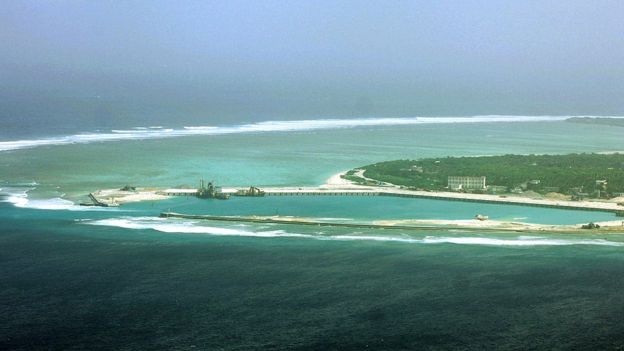
Richard Javad Heydarian, Professorial Chairholder in Geopolitics, Polytechnic University of the Philippines
Aug 09, 2017
China claims sovereignty over almost the entirety of the South China Sea, while consistently rejecting The Hague ruling. Thus, the only way for a JDA to push through is if Duterte managed to amend the Philippine constitution, largely ignore his country’s arbitration award victory, and overcome deep-seated public antipathy towards resource-sharing agreements with China. This will be an uphill battle with a lot of potential hiccups along the way.
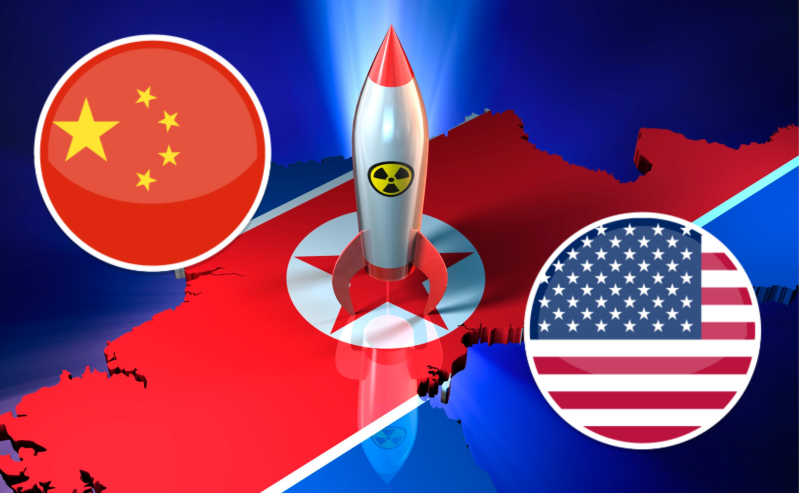
Li Zheng, Assistant Research Processor, China Institutes of Contemporary International Relations
Sun Chenghao, Fellow, Center for International Security and Strategy, Tsinghua University
Aug 08, 2017
Since North Korea is nearing its ultimate goal of achieving full nuclear deterrent capability against the United States, we might expect China to now show more rationality and return to the negotiation table. This will reduce North Korea’s hostility towards the U.S. and other countries.
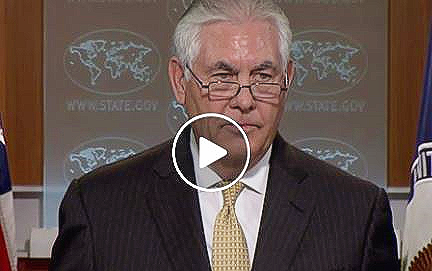
Aug 03, 2017
U.S. Secretary of State Rex Tillerson said on August 1 in Washington that the U.S. does not seek to topple the North Korean government and would like dialogue with Pyongyang at some point.

Ma Shikun, Senior Journalist, the People’s Daily
Aug 03, 2017
The U.S. House of Representative passed the National Defense Authorization Act (NDAA), a provision that allows for mutual stationing by military vessels between the United States and Taiwan. The President should veto the Act in the interest of smoothing the development of China-U.S. relations along with his own foreign policy agenda.
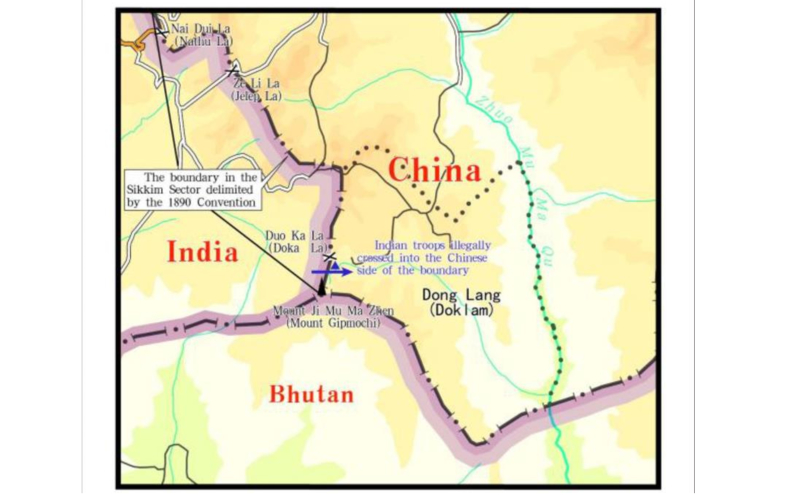
Fan Gaoyue, Guest Professor at Sichuan University, Former Chief Specialist at PLA Academy of Military Science
Aug 03, 2017
As the standoff between Chinese and Indian troops over a disputed border in the Himalayas enters its second month, the world is asking: who does this contested area truly belong true? By examining existing evidence, we can find an answer and begin on the road to peace.
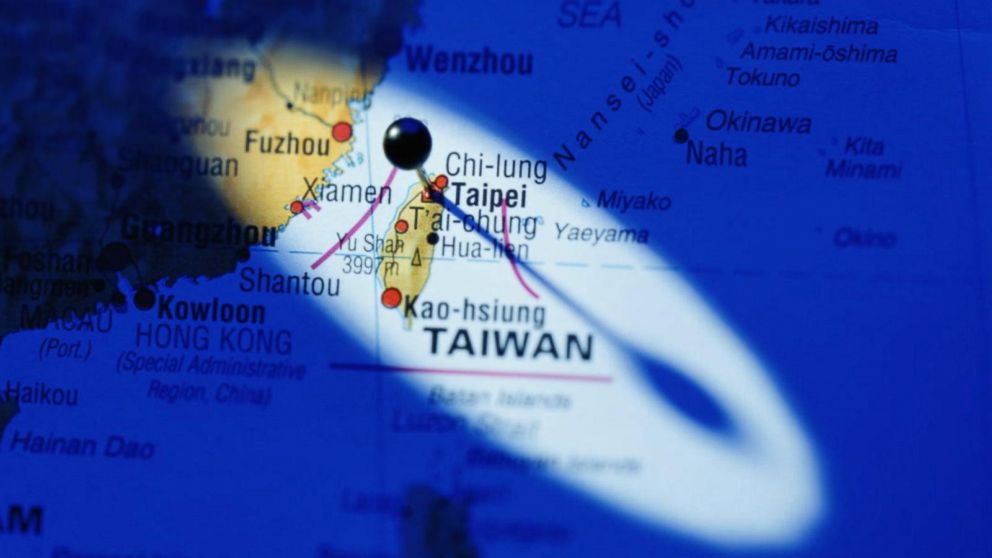
Ted Galen Carpenter, Senior Fellow, Randolph Bourne Institute
Aug 02, 2017
The worsening relations between the mainland and Taiwan place the United States in an awkward and potentially dangerous position. Washington should retain the right to sell weapons to Taipei so the Taiwanese can deter an attack from the mainland, or if deterrence fails, have a decent chance of repelling such an attack. Conversely, the United States must make it clear to the Taiwanese leadership that, fond as we might be of democratic Taiwan, America will not risk war with China to protect the island and preserve its de facto independence.
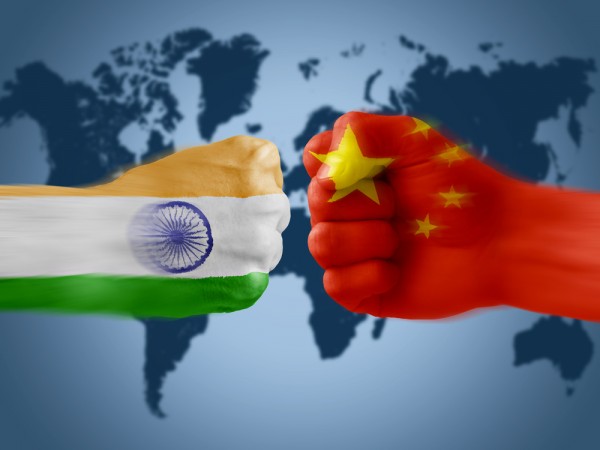
Brahma Chellaney, Professor, Center for Policy Research
Jul 31, 2017
There has always been tension between China and India, but the recent standoff between troops of both armies at the border of Tibet, Bhutan, and Sikkim has only added fuel to the fire. Now, through the use of psychological warfare in addition to various other strategies, China hopes to intimidate India into backing down.
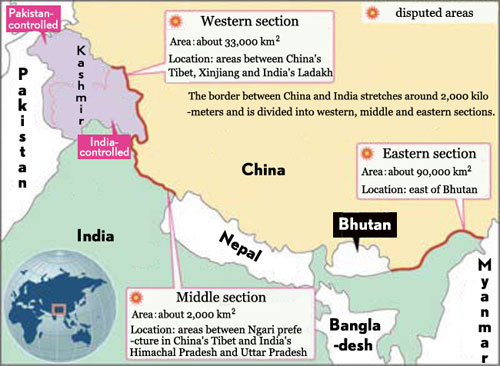
Yao Yunzhu, Retired Major General, Chinese People’s Liberation Army
Jul 31, 2017
The standoff between Chinese and Indian soldiers on a remote Himalayan plateau entered well into its 2nd month. The Chinese foreign ministry spokesmen delivered one strong wording statement after another, calling for the withdrawal of the Indian troops and warning against miscalculations and unrealistic illusions of the Indian side.
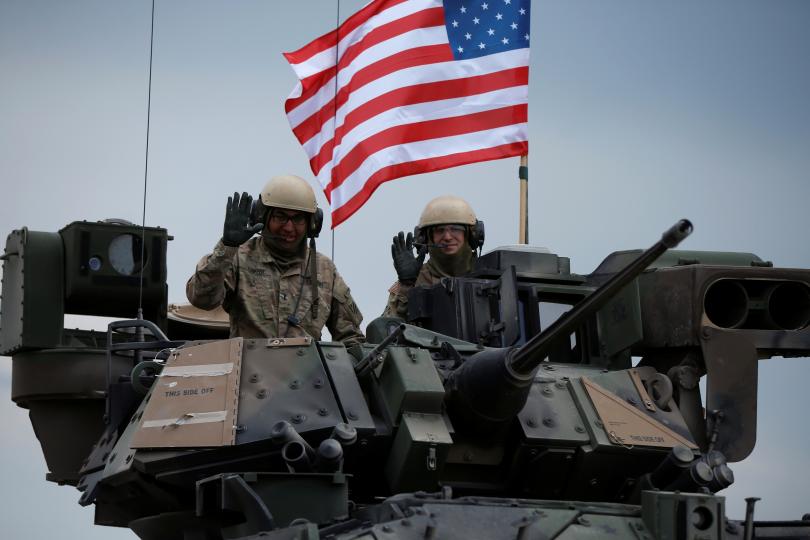
Wu Zurong, Research Fellow, China Foundation for Int'l Studies
Jul 28, 2017
US Cold War mentality and zero-sum game logic are fundamentally impeding the expansion of cooperation between the two armed forces. China’s innovation and development of military equipment should not be taken as a stimulus for competition. In fact they have provided the two armed forces with new opportunities for brand-new cooperation.
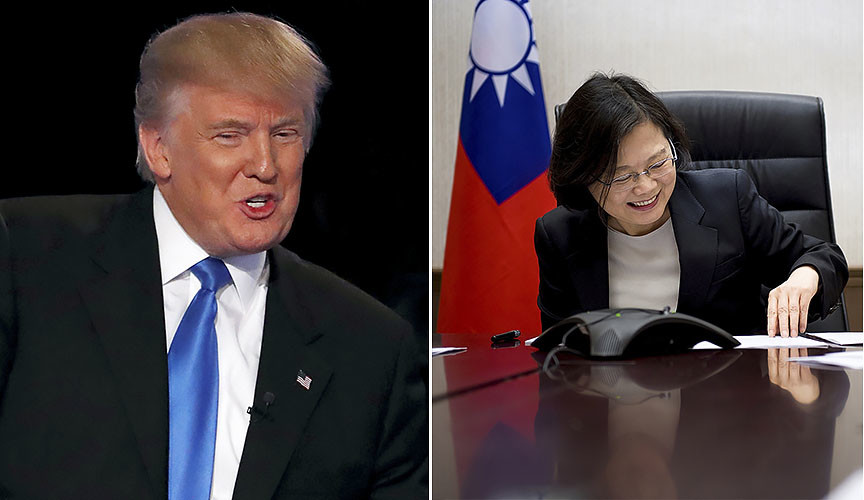
Tao Wenzhao, Honorary Member of the Chinese Academy of Social Sciences; Fellow, CASS Institute of American Studies
Jul 28, 2017
While issues in bilateral economic relations and trade are negotiable, the one-China policy is not. The Trump administration should carefully sum up the lessons of previous administrations on the Taiwan question and minimize its impact on overall China-US relations so that steady progress can be made, especially in economic relations and trade, which bring tangible benefits to both sides.